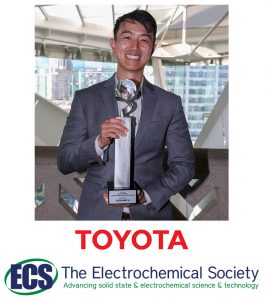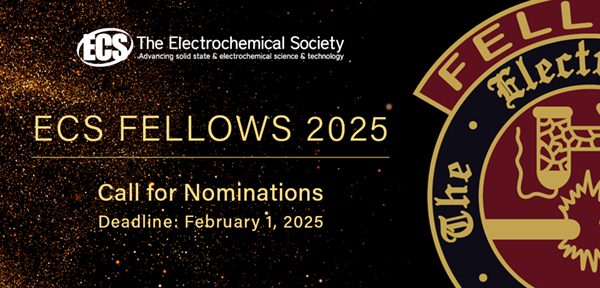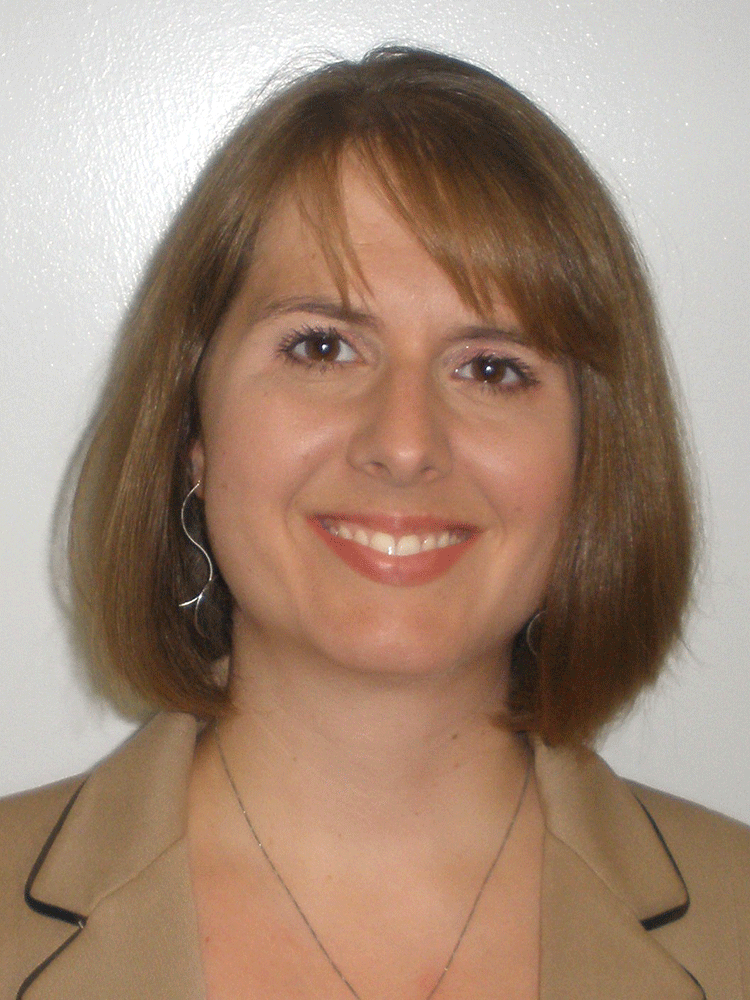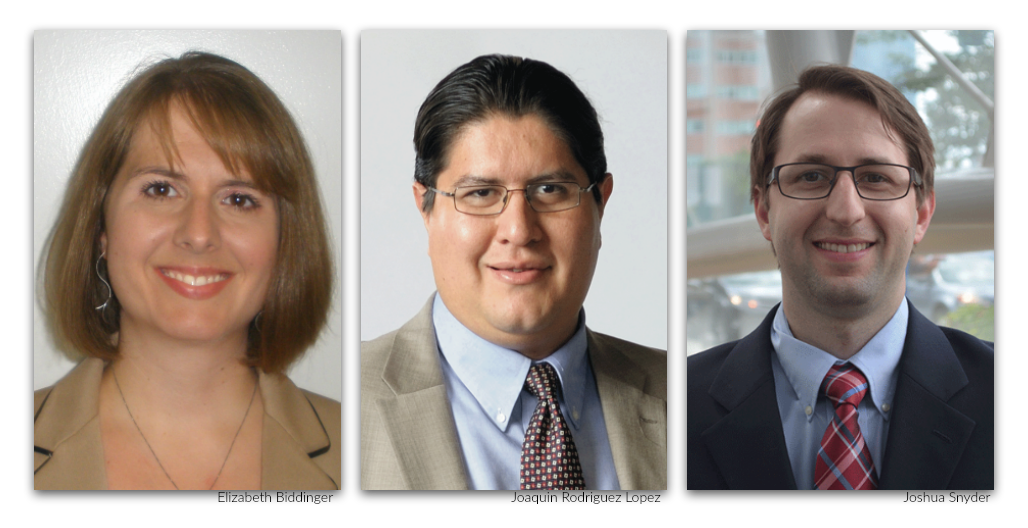
Yuzhang Li (University of California, Los Angeles) receives the 2023-2024 ECS Toyota Young Investigator Fellowship Award.
Submissions now accepted from Europe
The Electrochemical Society (ECS), in collaboration with the Toyota Research Institute of North America (TRINA), a division of Toyota Motor Engineering & Manufacturing North America, Inc. (TEMA), is excited to announce the continued growth of the prestigious ECS Toyota Young Investigator Fellowship and opening of 2025-2026 award year submissions. For the first time, along with candidates from Canada, Mexico, and the United States, the fellowship will accept applications from Europe.
The fellowship program is a partnership between The Electrochemical Society and the Toyota Research Institute of North America (TRINA), a Toyota Motor North America (Toyota) R&D division that explores future technology. Through this program, ECS and Toyota promote innovative and unconventional green energy technologies born from electrochemical research and encourage young professionals and scholars to pursue battery and fuel cell research. (more…)



 Proposal Submission Deadline: January 31, 2020
Proposal Submission Deadline: January 31, 2020

 The
The  Starting in 2014, ECS partnered with Toyota Research Institute of North America to establish a fellowship for young researchers working in green energy technology, including efforts to find viable alternative energy sources as a replacement for oil, reduce carbon dioxide emissions, and prevent air pollution.
Starting in 2014, ECS partnered with Toyota Research Institute of North America to establish a fellowship for young researchers working in green energy technology, including efforts to find viable alternative energy sources as a replacement for oil, reduce carbon dioxide emissions, and prevent air pollution.

